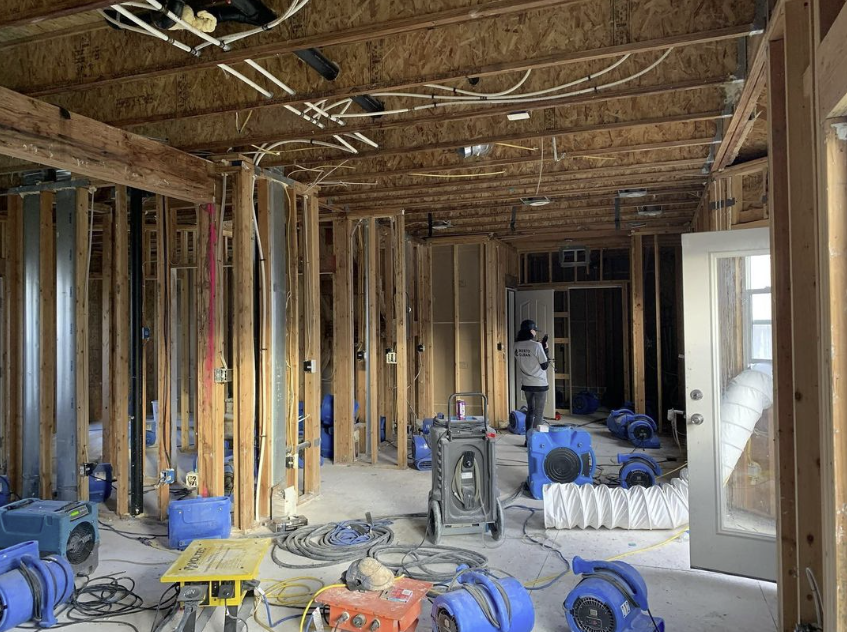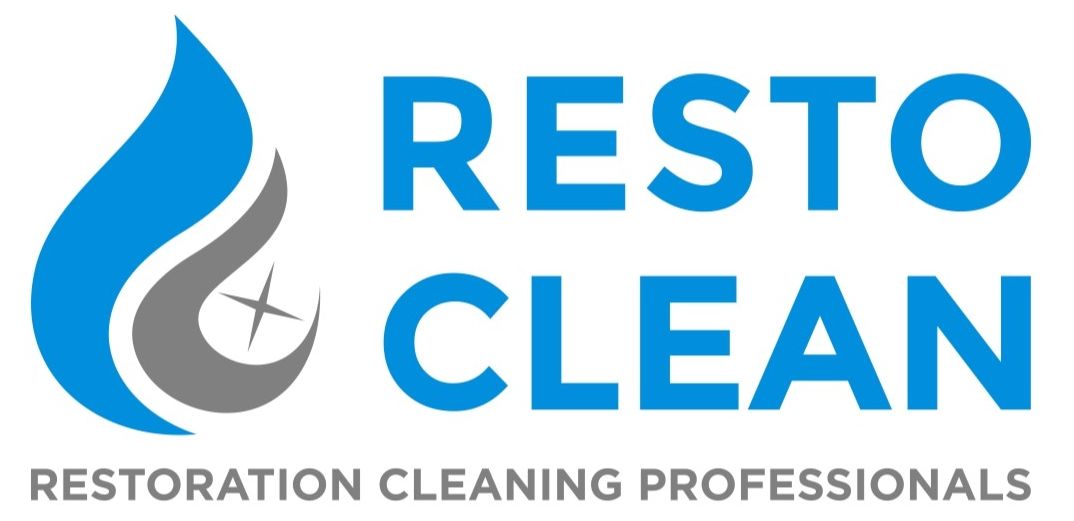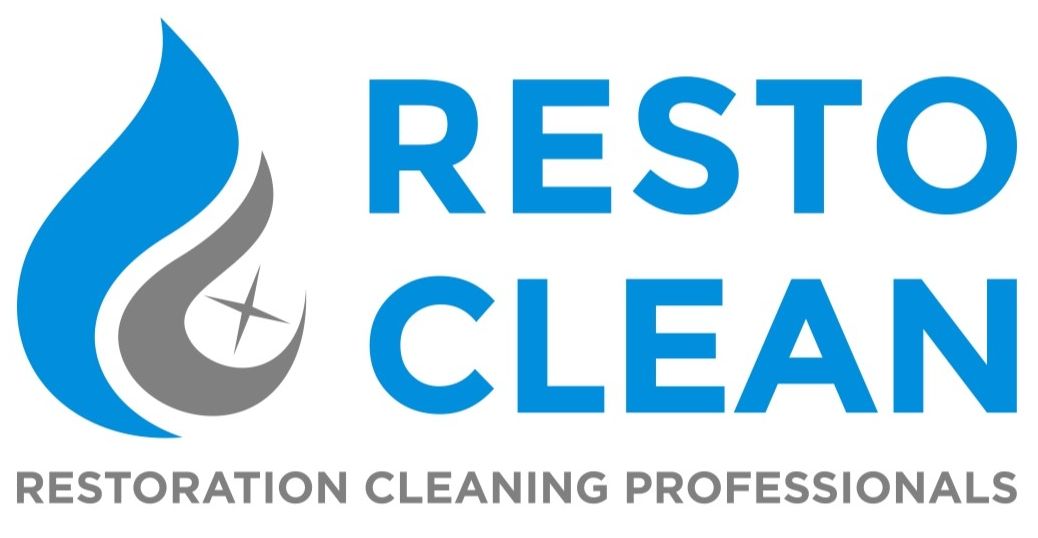Water damage is a common issue faced by homeowners, renters, and business owners alike. Whether it is caused by a burst pipe, heavy rain, or a malfunctioning appliance, water damage can be costly and can have serious consequences for your property. In this article, we will discuss what water damage is, the importance of water removal, and how to prevent water damage from occurring in the first place.

Water Damage
What is Water Damage?
Water damage is any type of damage that is caused by water. This can include damage caused by floods, burst pipes, leaking roofs, overflowing bathtubs or sinks, and more. Water damage can be divided into three categories: clean water damage, gray water damage, and black water damage.
Clean water damage is caused by water that comes from a clean source, such as a burst pipe or a leaking faucet. Gray water damage is caused by water that contains some contaminants, such as water from a washing machine or dishwasher. Black water damage is caused by water that contains dangerous contaminants, such as sewage or floodwater.
The Importance of Water Removal
Water removal is the process of removing water from your property after water damage has occurred. This process is crucial because standing water can cause serious damage to your property and can also pose health risks. Standing water can weaken the structure of your property, cause mold and mildew to grow, and attract pests such as mosquitoes and rats.
If water damage is not addressed promptly, it can lead to further damage and more costly repairs. Additionally, standing water can pose a health risk to occupants of the property, as it can lead to the growth of harmful bacteria and mold.
How to Prevent Water Damage
Preventing water damage is essential in avoiding costly repairs and ensuring the safety of your property and its occupants. Here are some tips for preventing water damage:
- Regularly inspect your property for leaks: Check your pipes, faucets, and appliances for signs of leaks. Address any leaks promptly to prevent them from becoming bigger problems.
- Maintain your roof: Keep your roof in good condition by cleaning gutters and downspouts and repairing any damaged areas.
- Be mindful of what you flush: Never flush items such as paper towels, feminine hygiene products, or grease down your toilet or sink, as these can cause blockages in your pipes.
- Keep appliances in good working order: Regularly inspect and maintain appliances such as washing machines, dishwashers, and water heaters to prevent leaks.
- Know where your shut-off valves are: In the event of a leak or flood, it is essential to know where your shut-off valves are so you can quickly turn off the water supply.
Water damage is a serious issue that can have costly and potentially dangerous consequences. Water removal is a critical step in addressing water damage, but prevention is always the best approach. Regularly inspecting your property for leaks, maintaining your roof, and keeping appliances in good working order are just a few of the ways you can prevent water damage from occurring. By taking these steps, you can protect your property and the health and safety of its occupants.

